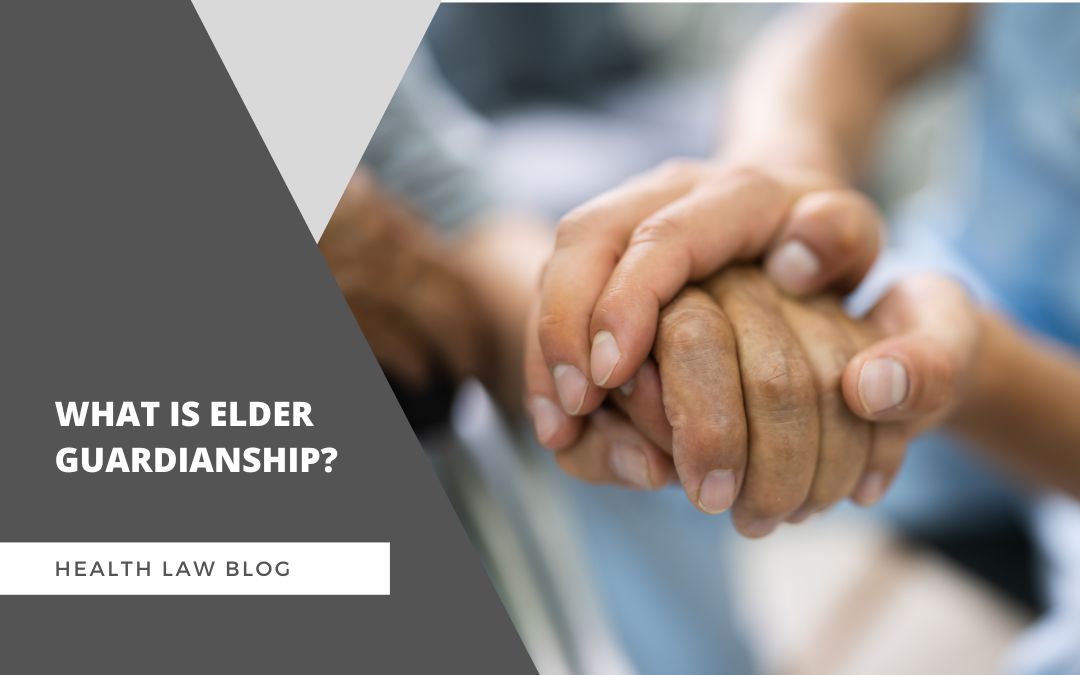Elder guardianship is the process of assigning a legal guardian to help make decisions and manage the affairs of seniors who are deemed no longer able to care for themselves.
This guardianship helps reduce the risk of abuse, exploitation, and neglect of otherwise vulnerable seniors and ensures they receive proper care.
Since guardianship removes some of an individual’s rights and independence, it should only be used when necessary.
Examples
A senior may need an elder guardianship if they can no longer care for or make sound decisions for themself. This change may be due to a physical illness, injury, mental illness, or aging. For instance, some signs may include being unable to manage their finances, remember to take medications, inability to manage hygiene, or care for their daily needs.

